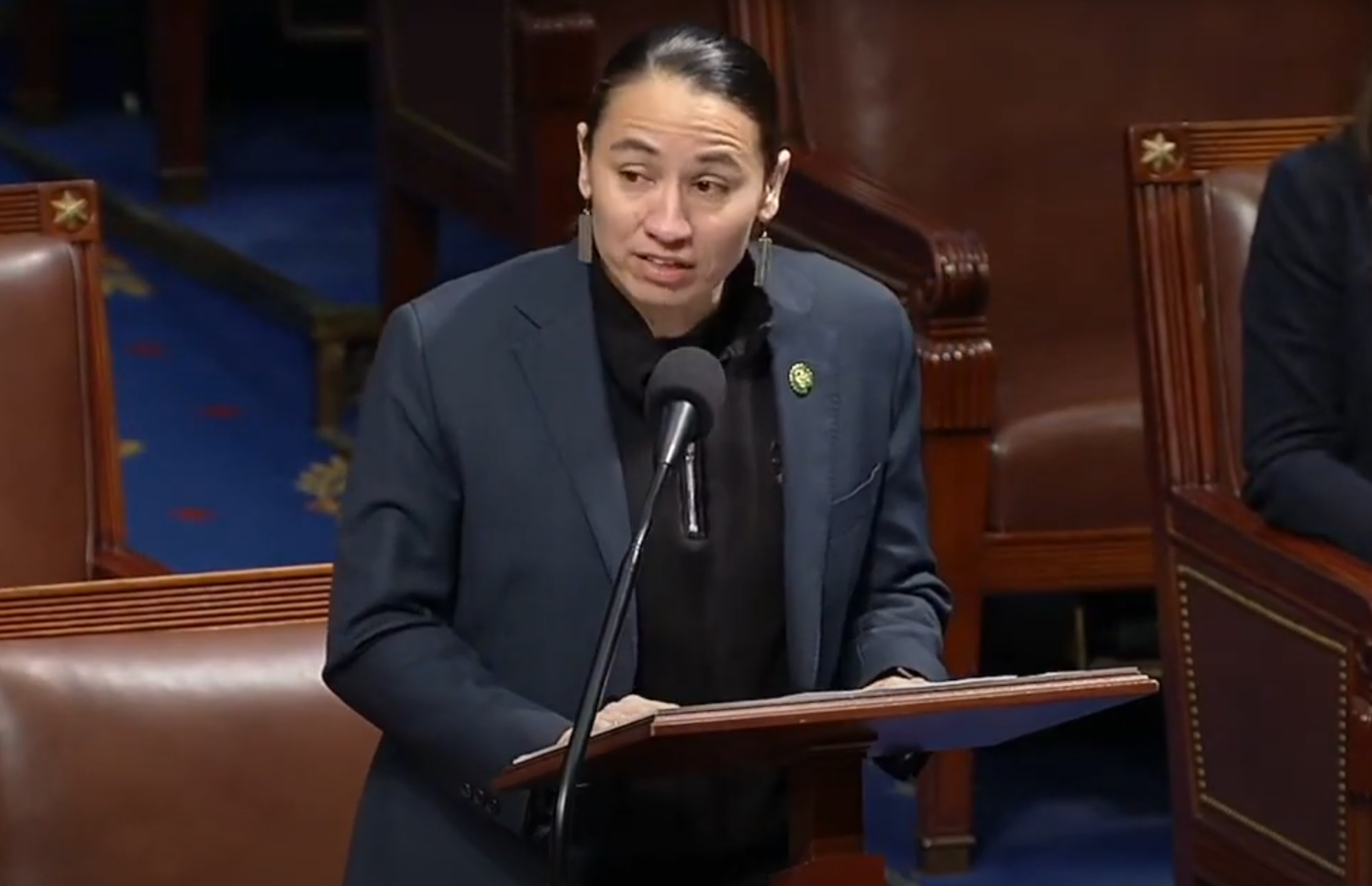
- Details
- By Chez Oxendine
In a rare moment of bipartisanship, the House of Representatives passed a bill today that will strengthen support for Native American entrepreneurs.
The Native American Entrepreneurial Opportunity Act, co-sponsored by Rep. Sharice Davids (D-KS) and Rep. Eli Crane (R-AZ), would pave the way for more funding and expanded services for the Office of Native American Affairs (ONAA) at the Small Business Administration. If passed into law, the legislation would codify the ONAA under federal law and establish a new administrative role for the agency.
Currently, the ONAA primarily provides limited outreach efforts utilizing a small staff, and can be unilaterally disbanded at any time. Codification under the above act would protect the ONAA and expand its services to include field offices, tribal consultations, training and counseling, and the ability to make grants.
In turn, that would enable the ONAA to provide crucial support for Native American entrepreneurs at the heart of the office’s mission, according to Davids, a member of the Ho-Chunk Nation and a former tribal economic development executive.
"Our economy depends on the success of our small businesses. That’s especially true in tribal communities where Native-owned businesses are crucial employers on reservations and their surrounding areas,” Davids said in a statement. “I’m proud that my bill, which breaks down barriers for Native entrepreneurs, passed the House with strong bipartisan support, showing us all that support for Native communities goes beyond party lines.”
Crane echoed the sentiment, saying that codifying the office would improve Native business owners’ ability to “access the SBA’s programs just like anyone else.”
“These communities don’t currently experience adequate access or outreach,” Crane wrote. “It’s essential that they receive specialized expertise to assist them in navigating the unique complexities of running a business on a reservation — complexities mostly created by the federal government. As the representative for over half of Arizona’s tribes, I’m pleased to see the House pass our bill, which would serve tribal citizens of AZ-02 well.”
The bill still needs to pass the Senate, where it advanced out of committee last year, before it can be sent to the White House for President Joe Biden’s signature.
More Stories Like This
Native News Weekly (August 25, 2024): D.C. BriefsNavajo Nation Mourns the Passing of Former Vice President Rex Lee Jim
Deb Haaland Earns Endorsement From Communications Workers of America Local 7076
University Soccer Standout Leads by Example
Two Native Americans Named to Democratic Congressional Campaign Committee's“Red to Blue” Program
Help us defend tribal sovereignty.
At Native News Online, our mission is rooted in telling the stories that strengthen sovereignty and uplift Indigenous voices — not just at year’s end, but every single day.
Because of your generosity last year, we were able to keep our reporters on the ground in tribal communities, at national gatherings and in the halls of Congress — covering the issues that matter most to Indian Country: sovereignty, culture, education, health and economic opportunity.
That support sustained us through a tough year in 2025. Now, as we look to the year ahead, we need your help right now to ensure warrior journalism remains strong — reporting that defends tribal sovereignty, amplifies Native truth, and holds power accountable.
 The stakes couldn't be higher. Your support keeps Native voices heard, Native stories told and Native sovereignty defended.
The stakes couldn't be higher. Your support keeps Native voices heard, Native stories told and Native sovereignty defended.
Stand with Warrior Journalism today.
Levi Rickert (Potawatomi), Editor & Publisher


